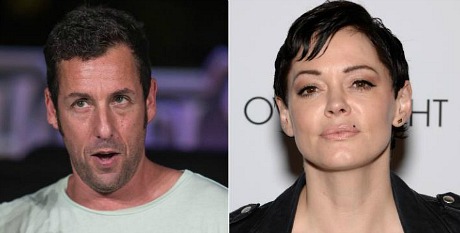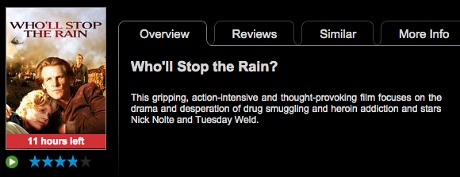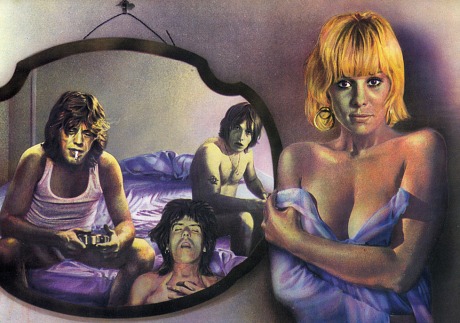Two days ago N.Y. Post critic Lou Lumenick called for a shunning of Gone With The Wind, not because it suddenly stinks but because its “undeniably racist” attitudes are no longer tolerable in our current socio-political climate, particularly in the wake of the Charleston massacre and Gov. Nikki Haley‘s decision to remove the Confederate flag from the South Carolina statehouse, and everyone else calling for a similar banning. So it’s not as if Lou is standing against the wind here.
There’s never been any question that David O. Selznick‘s epic ignores and sugarcoats the realities of 19th Century slavery, and that its Technicolor depiction of the Old South as a fair land of cavaliers and cotton fields makes it in some ways a dark and odious fantasy piece — the anti-12 Years A Slave. Consciousness does evolve and for all its elan and polish, Gone With The Wind has become more and more of an unsavory antique in some respects. No argument there.
Lumenick notes that GWTW “isn’t as blatantly and virulently racist as D.W. Griffith’s Birth of a Nation, which was considered one of the greatest American movies as late as the early 1960s, but is now rarely screened, even in museums,” but he’s suggesting that it may one day disappear from the cultural conversation and suffer a permanent downgrade when it comes to estimating the all-time great films.
Lumenick is not wrong, but I feel misgivings. I don’t believe it’s right to throw Gone With The Wind under the bus just like that. Yes, it’s an icky and offensive film at times (Vivien Leigh‘s Scarlett O’Hara slapping Butterly McQueen‘s Prissy for being irresponsible in the handling of Melanie giving birth, the depiction of Everett Brown‘s Big Sam as a gentle, loyal and eternal defender of Scarlett when the chips are down) but every time I’ve watched GWTW I’ve always put that stuff in a box in order to focus on the real order of business.









